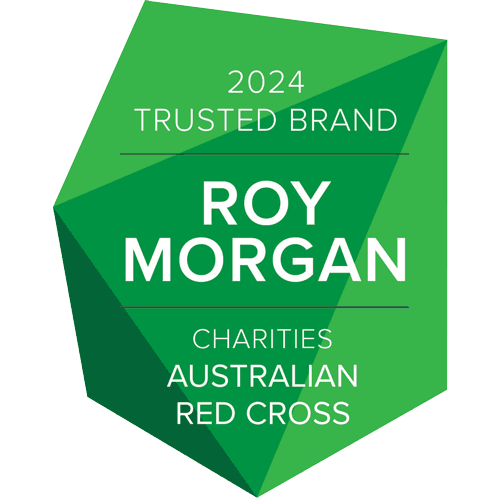Coping with Australia’s summer of bushfires
Disasters can be distressing and stressful and you don’t have to be directly involved to be affected. Find out how to look after yourself and others in the wake of the Black Summer bushfires.
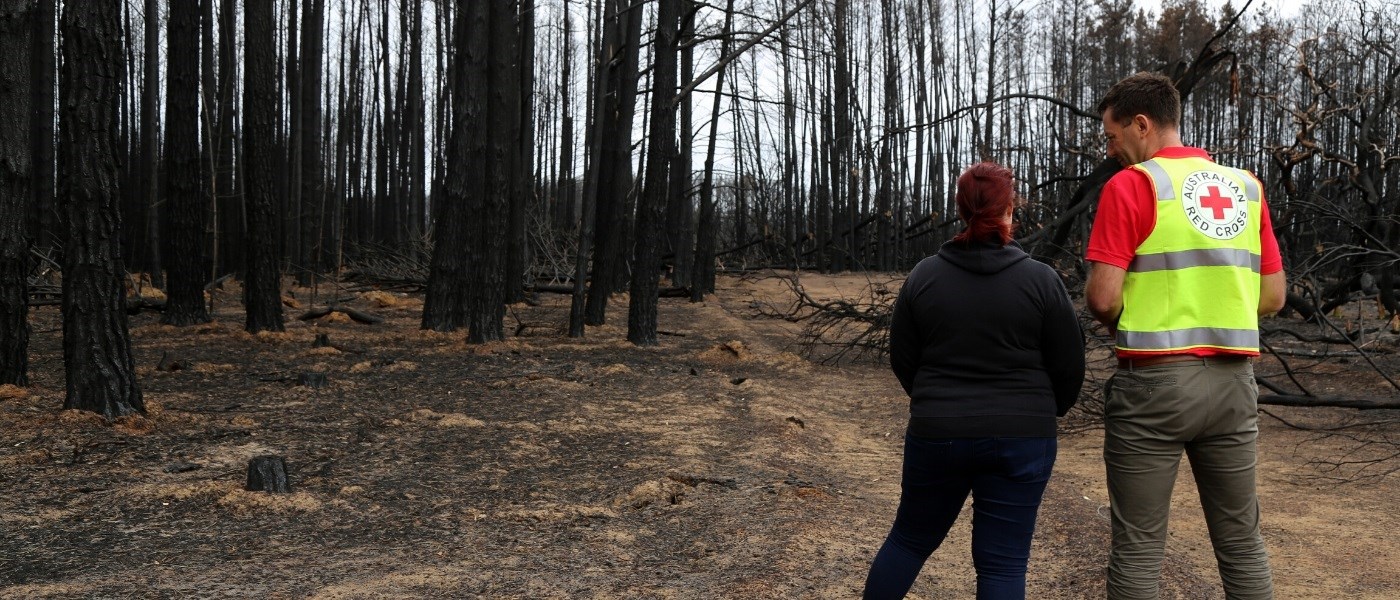
It’s normal to have a range of feelings in reaction to what is an abnormal situation like this. With time, and some simple steps, most people will cope well with the stress of what they have been through. Some people though may need extra help.
Expressing your emotions does not mean you are out of control, weak or having a nervous breakdown. Remember these feelings, even the most intense ones, will usually only last for limited periods.
Common feelings
Shock and disbelief
- the event may seem unreal, like a film or a dream
Numbness
- your emotions may be cut off
Fear
- of death, injury or harm to yourself or family and friends
- of being left alone, or having to leave loved ones
- of breaking down or losing control
- of a similar event happening again
Helplessness
- crisis can reveal human frailty (as well as strength)
Longing
- for all that is gone
- for things that won’t happen because of the event
Guilt
- for not helping or saving others
- for being alive and uninjured
- for being better off than others
Regret
- for things you did or didn’t do or weren’t able to do
Shame
- for not having felt or reacted the way you would have wished
- for having been helpless or emotional
- for having needed others
Euphoria
- joy of survival, excitement
- feeling close to everyone
Anger and frustration
- about what happened
- at whatever you believe caused it or allowed it to happen
- at the injustice and senselessness of it all
- at the shame and indignity of it all
Disappointment
- feeling let down
Hope
- for the future
- for better times
These feelings are common and normal
Allowing yourself to express them will help with healing. Sometimes people block feelings fearing they are too painful, often by being over-busy. Constantly pushing feelings and memories out of your head may lead to loss of memory or concentration and fuzziness of the mind.
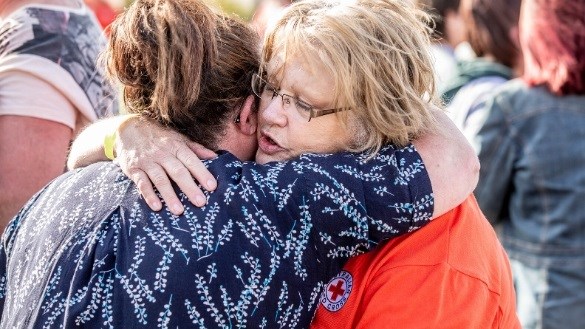
You may not be able to express or deal with your feelings immediately—you may take months or even years to fully experience them. The earlier you are able to deal with your feelings, the sooner healing can begin.
Prolonged blocking of feelings may lead to difficulties. If these feelings continue for an extended period you should seek professional help.
Remembering and memories
The events and feelings may return to you in your thoughts, daydreams, images, flashbacks, dreams and nightmares. You may remember past crises. These are normal ways to work your way through the impact of the event.
Physical reactions you might have
Your body, as well as your mind, may be affected by the event—immediately after and sometimes months later. Your physical health can affect your state of mind.
Common reactions include
- tiredness, sleep issues
- shakes, dizziness, palpitations
- difficulty in breathing, choking in the throat and chest pains
- nausea, diarrhoea, vomiting
- muscular tension or pain, headaches, neck or back pain
- menstrual disorders
- miscarriages may occur
- increased or decreased sexual desire or activity
- significant change in diet
- weight gain or loss
- inability to concentrate
Some people increase alcohol, coffee or drug consumption after an event. Accidents are more frequent after intense stress. Pregnancies are more common after some crises. Do your best to take care of yourself physically—illness frequently occurs when you are run down.

Stay healthy
Some simple steps to look after your health:
- watch your diet and physical health
- do at least 30 minutes of exercise a day
- watch your coffee, cigarette, alcohol and drug intake
- drive more carefully
- be safe at home and at work, don’t take short cuts
- continue your normal medical treatment
- try not to work overly long hours
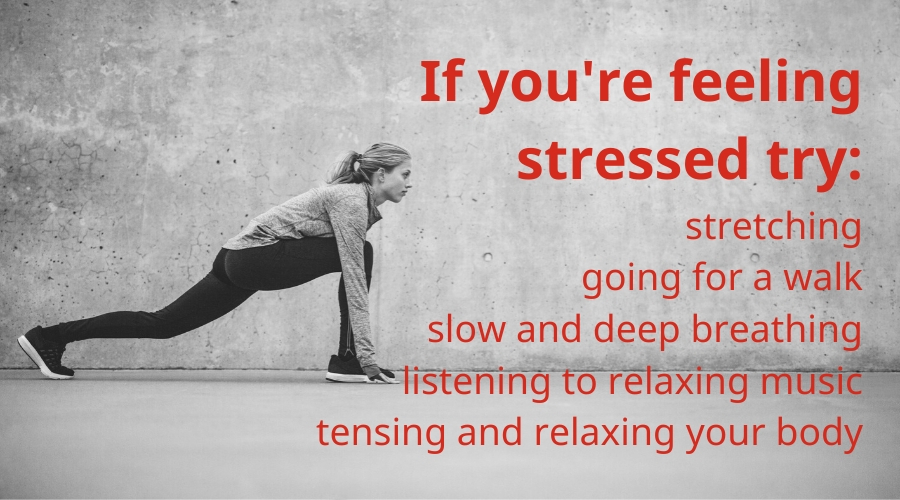
People who might need more help
Some people may find it more difficult to adjust to life after the event, and may require more support from their community.
- people who have been evacuated or separated from family and friends
- those who are more physically isolated
- those newly arrived to an area, including recent migrants or people from a refugee background
- people who are unwell, either prior to or as a result of the event
- people with a physical or intellectual disability living in the community with support
- people with significant financial losses
- people who have been injured or witnessed a traumatic event
A crisis may be more intense for people who have suffered heavily or been particularly involved.
The Bereaved
Bereavement can be especially difficult when deaths were multiple, sudden or violent, a child or young person died, the body was not found, or when the relationship with the deceased person was difficult.
High profile events can also take on a community dimension, where the public also grieves for the deceased. This public grief often subsides quickly after public memorial services, leaving the directly affected people to cope within their own circle of family and friends.
Emergency workers, volunteers or helpers
The responsibility of helping out in an emergency can give people stronger reactions, especially those who gave deeply of themselves, came into close contact with the injured, dying or dead, felt they failed to do their job properly, or experienced ‘burn-out’.
The Elderly
Elderly people may find it harder to readjust because of reduced energy, increasing frailty and limitations on social and economic resources required to rebuild their lives.
Children
Children also experience emotional and physical responses to crises. Their imaginings and nightmares can add to their fear after an event. Sometimes children show their distress by behaving in ways they did when they were younger, such as clinging.

These behaviours may be a burden on already stressed parents, but be aware that children need the closeness and comfort of their families. They need to be understood, believed and given honest explanations of the event.
It is important to make sure that children of all ages are not exposed to horrific images in the media, including on internet chat room sites. Be mindful of what they also might be exposed to listening to adult conversations and in the school yard. If you have concerns talk to your child’s teacher or your GP.
Kids Helpline provides confidential anonymous counselling for young people aged five to 25.
Constructive activities like drawing, playing and talking can help children to express their feelings.
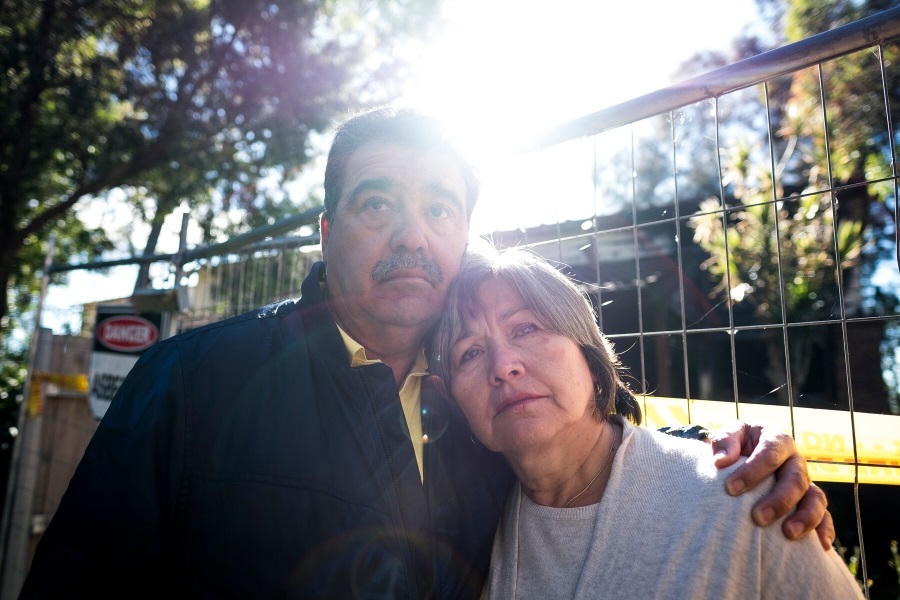
Family and social relationships
Emergencies may put stress on existing relationships within the family and friendship circles. You might feel that your friends and family just can’t understand; they weren’t there. Common reactions to these feelings can include anger, conflict, jealousy and on rare occasions, violence.
Some friendships won’t prove to be as supportive as you expected; others may be surprisingly stronger. In some cases you may form new friendships and relationships, particularly with people with whom you shared the event.
How to make it easier to cope
There are things you can do to make the events and feelings easier to bear.
Doing things
- do things that are active and useful (just be careful to avoid over-activity)
Facing reality
- face reality even if it is painful
- return the scene, inspect damage, visit the injured and in the case of the death of someone you love, view the body or attend the funeral
- talk about your experiences and how you feel, and make time to listen to others
Reducing exposure
- reduce your exposure to the television, internet, newspaper or radio
Receiving support
- be open to receiving support and comfort, spend time with family or friends
Making time
- make time and space to be alone with your thoughts and feelings
Getting back into routine
- return to everyday routines and familiar activities as soon as possible—even in small ways
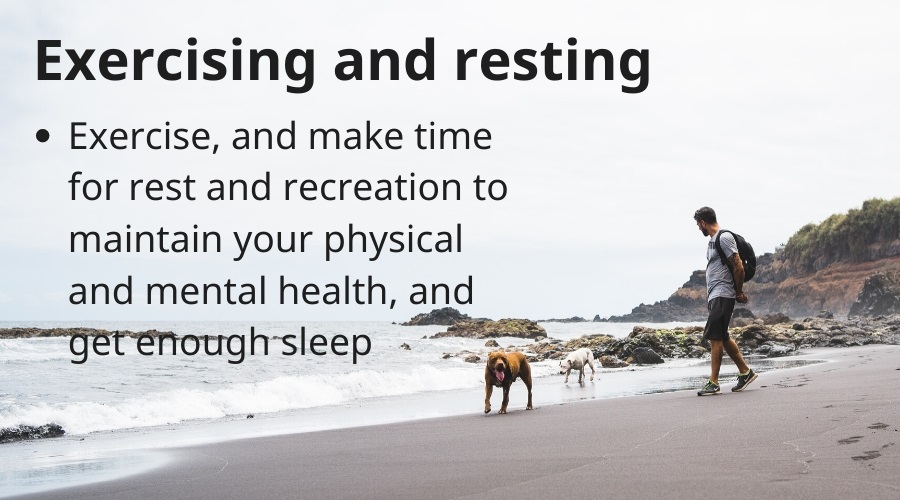
Do’s
- take time to talk, be angry, cry, laugh and grieve according to your needs
- let your children share in your distress and encourage them to express their own
- spend time with people who care about you and also with people who went through what you went through
- have time alone when you need it
- recognise everyone expresses things in their own way. Men may find it harder to express emotion and weep. Children may need encouragement and support to express themselves
- sleep, rest, enjoy and do routine things when possible
- let your children return to school and keep up with their activities as soon as they are ready
- express your needs clearly and honestly to family, friends and officials
Don’ts
- bottle up feelings
- avoid talking and thinking about what has happened
Seeking support
Seeking support after a major personal crisis can be a positive step. Some people choose to seek informal help from family, friends, colleagues or through their faith. Sometimes, however, informal support may not be enough.
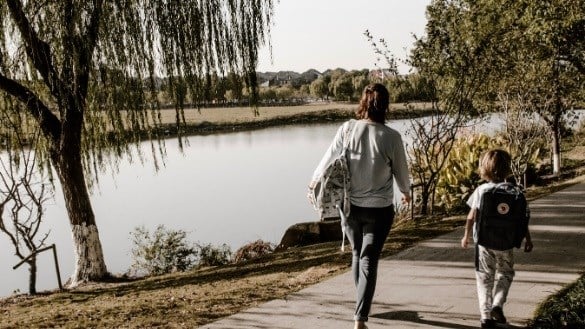
Consider seeking professional help if:
- your emotions or physical symptoms are too intense or persistent
- you feel too numb, cut off or you have to keep active in order not to feel
- you continue to have nightmares, poor sleep or flashbacks
- your family, social or work relationships suffer
- sexual problems develop
- you experience loss of memory and concentration
- your performance suffers at school, work or home
- you have accidents or illness
- you increase smoking, drinking or drug taking
- you have no one to talk to about your experience
- you have lost faith in yourself or the world
- you have feelings of hopelessness, despair or even suicide
Consider professional assistance as preventative health care and get information and advice earlier rather than later. You can seek assistance from your GP, community health service or an experienced registered psychologist.
Some great organisations you can contact for immediate support:
This is general information about how to look after yourself and it may not always be right for you. Think about what is best for you. Some people to ask for help are family, friends or a Red Cross worker.
Charity donations of $2 or more to Australian Red Cross may be tax deductible in Australia. Site protected by Google Invisible reCAPTCHA. © Australian Red Cross 2025. ABN 50 169 561 394
